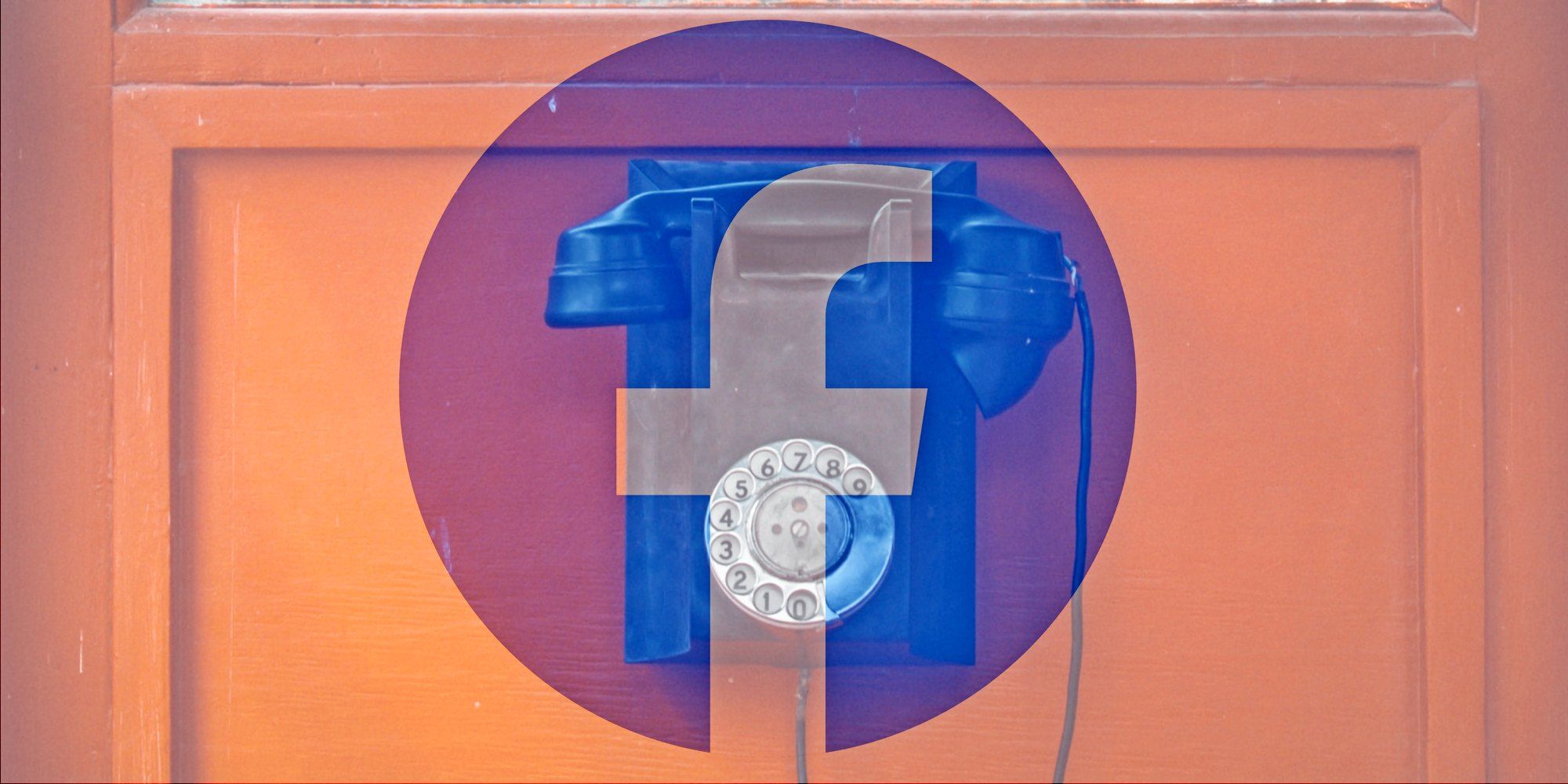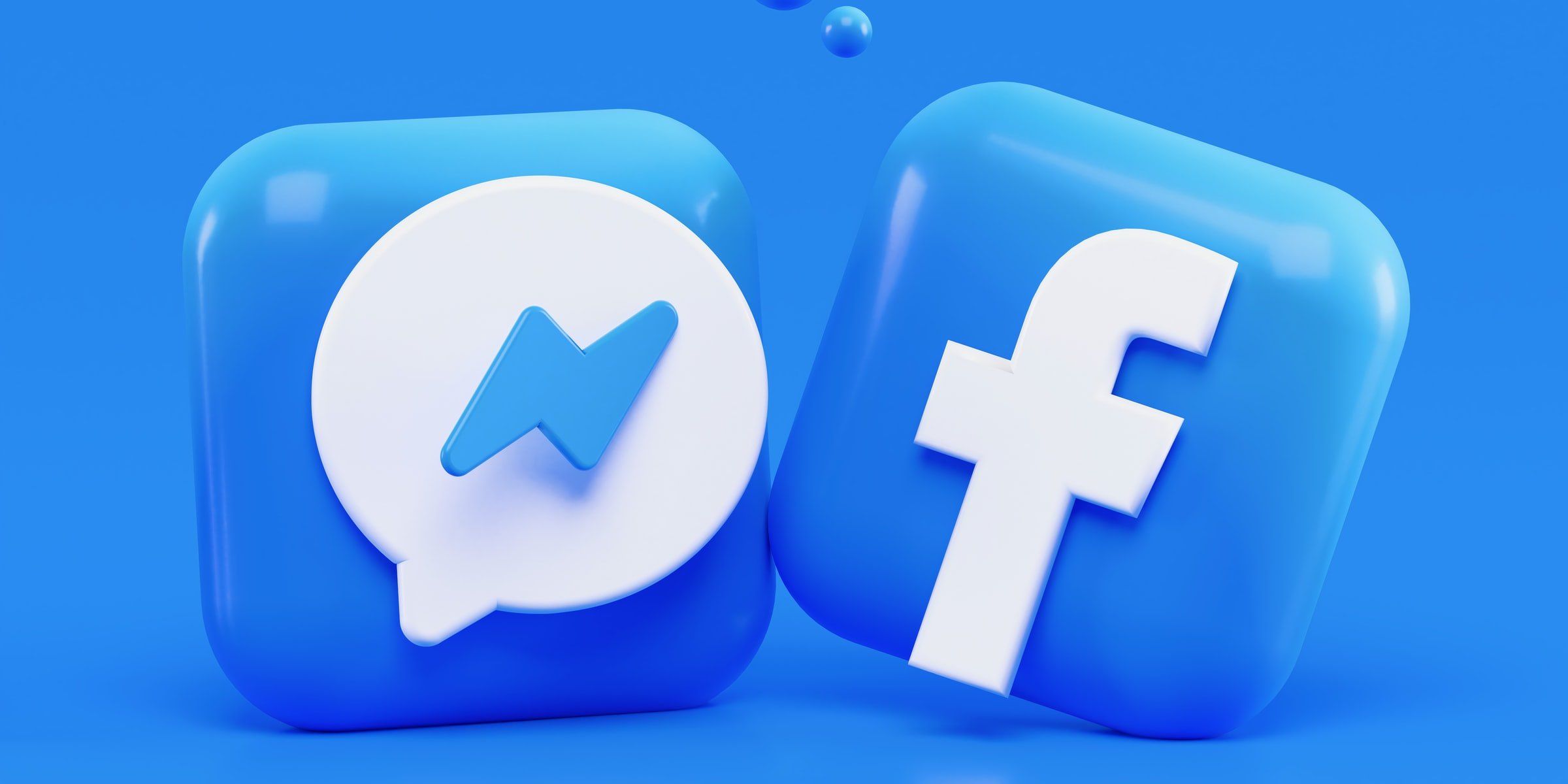Facebook is bringing back two important communication features — voice and video calling - to its core social media app in a bid to make it more lucrative and retain users. The saga of Facebook introducing new communication features, removing them, or blatantly copying from rivals is long and murky. It started when the company spun off Messenger as a standalone app in 2011 so that Facebook users can have a no-frills instant messaging experience with their acquaintances.
Soon after the spin-off, the main Facebook app ditched the in-built chat feature, forcing users to install the Messenger app in order to chat with their friends. Over the years, Messenger got a host of useful features such as video and voice calling for one-to-one as well as group interactions, while the main Facebook app was devoid of all these communication tricks and focused solely on the social media aspect. It now appears that things are finally going to change but in a weird way.
As per a Bloomberg report, Facebook has started testing video and voice calling on the main social media app. Right now, the two aforementioned features are being rolled out as part of a test for users in the United States, but there are reports claiming that it will be expanded to others markets as well. Connor Hayes, Director of Product Management for Messenger, mentions that users will get to see more of this feature integration down the road. The Facebook executive also revealed that the company now sees Messenger as a service instead of an app, and it will be appearing in some form across other Facebook properties to fulfill the communication needs. Messenger is already at the heart of Oculus and Portal, and will soon appear on more platforms to boost their appeal.
The Good, The Bad, And The Unexplained
Of course, the biggest advantage of voice and video calling on the Facebook app is that users will no longer be forced to download the Messenger app to use these features. And if privacy concerns are to be heeded, keeping the number of Facebook-owned apps to a bare minimum on phones is probably a good idea. Even though it’s a win-win situation for users, the latest move is also a sign that Facebook still hasn’t figured out its messaging strategy clearly. On one hand, Facebook is introducing the core Messenger tech to every platform it can. But on the other hand, it also can’t decide how to balance the flow when it already has a similar product called WhatsApp in its arsenal. On top of it, there is the whole grand scheme of app integration and cross-app interoperability.
For example, folks using Messenger can now reach out to other people on Instagram in their DMs. And taking a cue from WhatsApp, Facebook expanded end-to-end encryption to voice and video calls on Messenger. Instagram’s voice and video calling capabilities also received an upgrade recently. At this point in time, it appears that Facebook is giving each of its properties a communication upgrade, which sounds like a welcome move from a user perspective. But at the same time, it also risks lopsided growth for one product at the expense of another, courtesy of users who are satisfied with the features available on one app and no longer need the other one.
Source: Bloomberg


